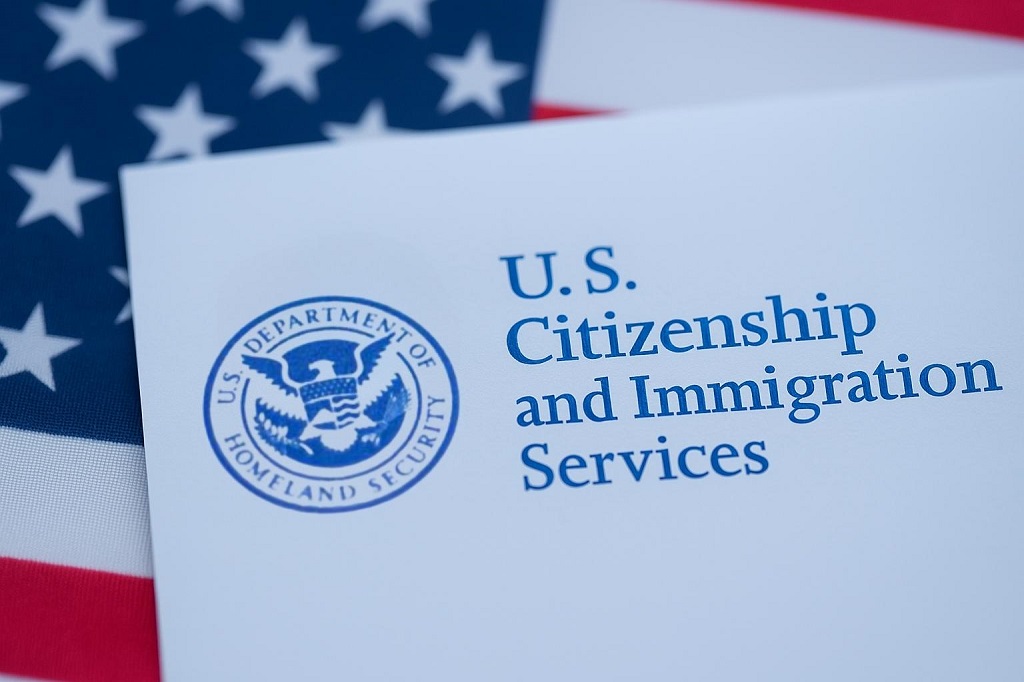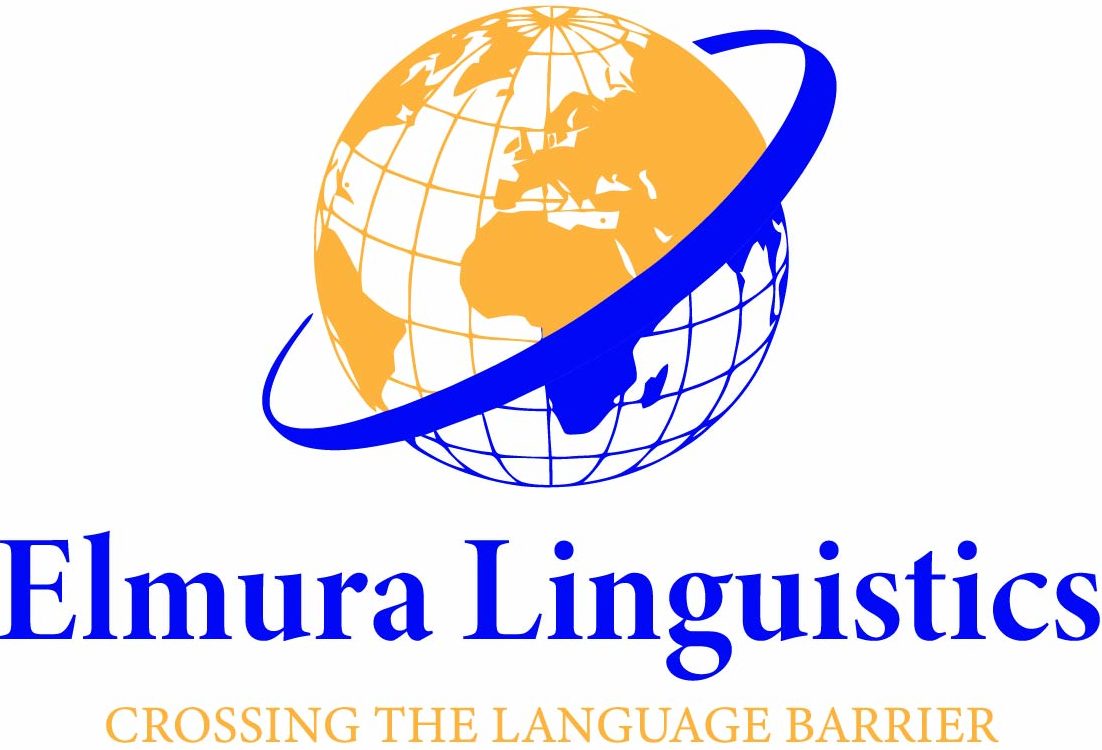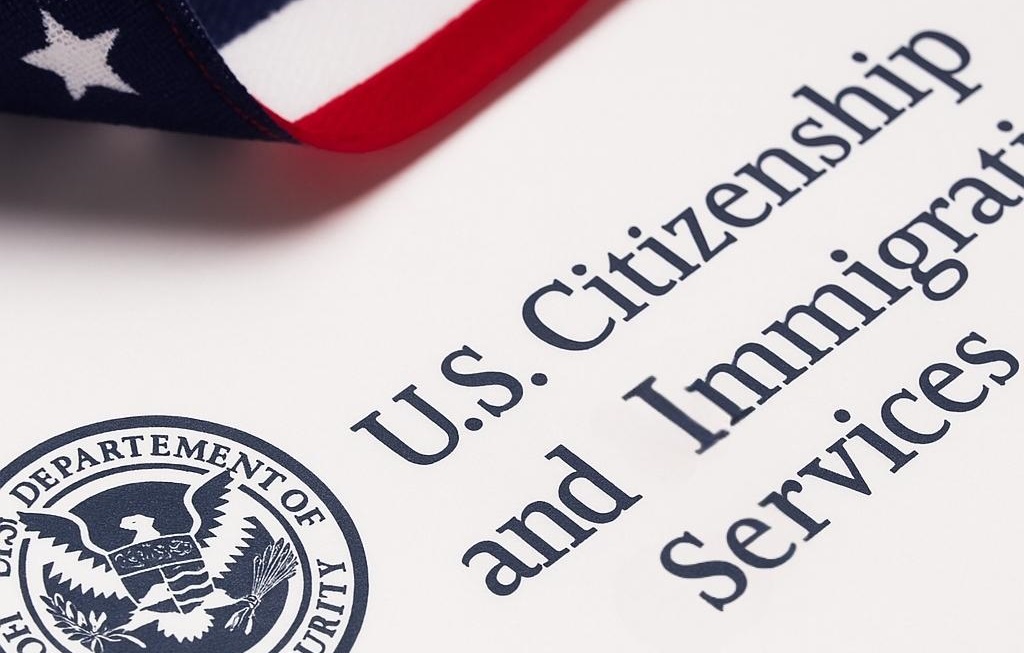According to industry data from IBISWorld, there are over 78,000 translation businesses currently operating in the United States. The American Translators Association lists more than 7,000 individual translators and agencies in its Language Services Directory.
This ecosystem ensures access to certified and experienced professionals capable of delivering translations that meet USCIS’s exacting standards.
Table of Contents
ToggleWhat Are USCIS Translation Requirements?

When working on USCIS documents, it’s essential to adhere strictly to the guidelines. Every foreign document must come with a full English translation. The regulations require a signed statement confirming that the translation is complete and accurate.
In my work, this means preparing a certificate that outlines my language proficiency and confirms that no information was omitted or altered. For example, vital records such as birth certificates or academic transcripts must be translated word-for-word, with the original document attached for reference.
Types of documents that require translation
When submitting documents to U.S. Citizenship and Immigration Services (USCIS), any foreign language document must be translated into English and accompanied by a certification of accuracy. Below is a helpful table to guide you:
| 📁 Document Type | 📝 Why Translation is Needed |
| Birth Certificates | To prove identity, age, and family relationships |
| Marriage Certificates | For spousal visa petitions, green card applications, etc. |
| Divorce Decrees | To show termination of previous marriages for eligibility |
| Death Certificates | To support claims related to deceased family members |
| Academic Records (Diplomas, Transcripts) | To prove educational qualifications or job eligibility |
| Passports (Selected Pages) | Identity verification and travel history |
| Police Clearance Certificates | For background checks and criminal record review |
| Court or Criminal Records | Required if there are any legal issues or history |
| Military Records | If service is being used to claim benefits or status |
| Adoption Papers | Needed in child immigration or family-based petitions |
| Driver’s Licenses or National IDs | Sometimes required for additional identity verification |
| Affidavits | If written in another language, they must be translated |
| Employment Letters or Pay Stubs | For proving work experience, income, or job offer |
| Property Ownership Documents | Supporting financial status or ties to country of origin |
| Medical Records | For disability waivers, health-related benefits, or other health evaluations |
| Immigration Decisions from Other Countries | If part of the applicant’s immigration history |
Who Is Authorized to Translate Documents?
While anyone fluent in both languages can technically translate a document, USCIS generally expects translations from professionals. A certified translator—notably one accredited by the American Translators Association (ATA)—carries a level of assurance that the work meets high standards.
In my field, certification means passing rigorous tests and continuously updating skills to handle diverse document types. This professional credential helps avoid conflicts of interest and potential bias that might occur if a family member or friend were to translate sensitive documents.
Best Practices for Ensuring USCIS Acceptance
In practice, a certified translation must replicate the original document’s layout and content as closely as possible.
A common method is to create a literal, word-for-word translation and then cross-check it against the source document to confirm accuracy. Quality control is vital; a thorough review process helps catch any discrepancies before submission.
What are the Risks of Using Unauthorized Translators

Without a proper certificate of accuracy and the correct formatting, documents may be rejected outright. This often forces applicants to restart the translation process, which can be both time-consuming and costly.
In some cases, USCIS officers may question the credibility of a translation done by someone with a potential conflict of interest, such as a family member or friend, further jeopardizing the application.
Is Notarization of a Certified Translation Required by USCIS?

In my experience as an ATA-certified translator, notarization is not a USCIS mandate. While notarizing a translation can add an extra layer of authenticity and formality, USCIS only requires a signed certificate of translation accuracy.
This certificate must attest to the complete and accurate rendering of the original document. Notarization may provide additional comfort to some applicants or institutions, but it is entirely optional and not necessary for USCIS acceptance.
Your Trusted Partner for USCIS-Ready Translations
When it comes to navigating the intricate USCIS application process, Elmura Linguistics stands out as a premier choice for certified translation services. With over 20 years of experience and membership in the American Translators Association, Elmura provides exceptional accuracy and reliability across more than 200 languages.
From Haitian Creole and Spanish to Portuguese, Russian, and Mandarin, every document is translated by certified linguists and delivered with a certificate of accuracy—meeting and exceeding USCIS requirements.
Whether you need a swift turnaround, notarization, or competitive pricing, Elmura’s commitment to quality and customer satisfaction ensures your documents are handled with the utmost care and precision.





